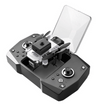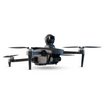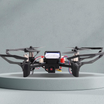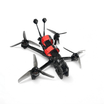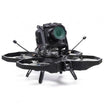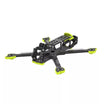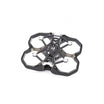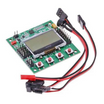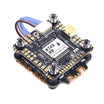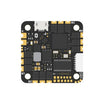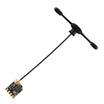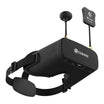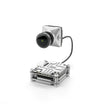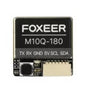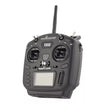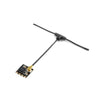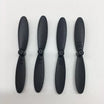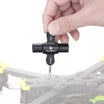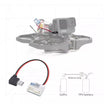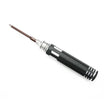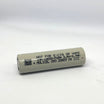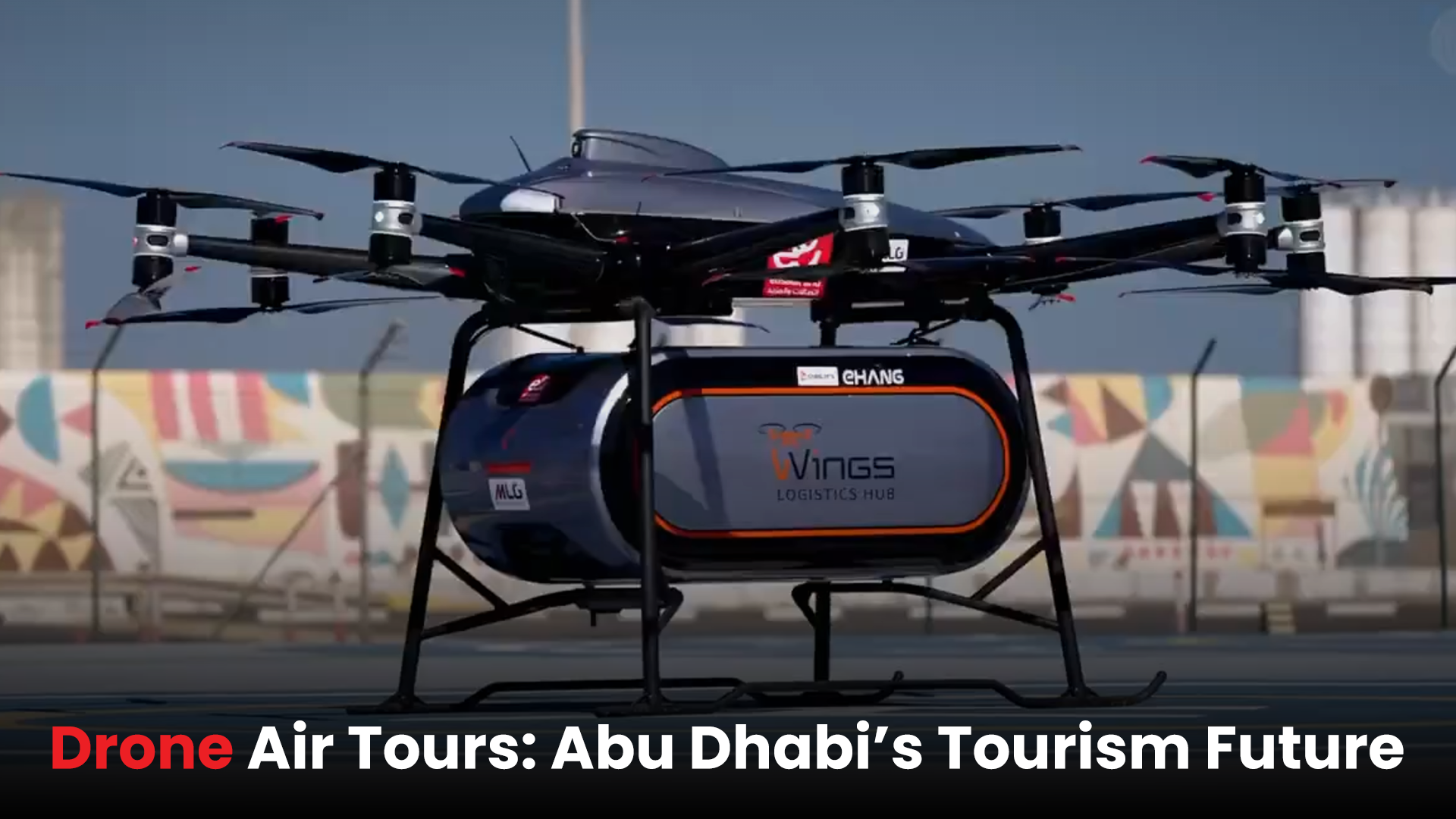The international defence community has been taken aback by Turkey's recent success in drone technology. In the 1990s, Turkey was referred to as the "sick man of Europe." Today, it leads the world in military drone exports and technology, surpassing the US, China, and Israel. However, this quick rise wasn't accidental; Turkey's accomplishments are the result of years of independence, perseverance, and calculated investments in its defence sector.
The early struggle for drone technology
Turkey faced difficult conditions when it first entered the drone market. In the 1990s, when Turkey sought to purchase Heron UAVs from Israel, the proposal came with a condition: Israeli pilots would operate the drones. Turkey was unhappy with this control position and became determined to lessen its dependency on foreign weapons.
The country was further encouraged to establish an autonomous and advanced drone manufacturing industry by the numerous rejections and even sanctions it received over the years from its traditional friends.
How Turkey built a self reliant drone industry?
Turkey's defense industry began with small steps. Turkish engineers initially concentrated on creating simple drones for observation and reconnaissance before moving on to building drones for combating fires. However, these advancements eventually created the groundwork for powerful combat drones that could launch offensive missions.
The country made significant investments in defence technology, which resulted in the creation of numerous important drone ecosystem participants, such as Baykar, Rocketsan, and Aselsan. These businesses have played a key role in developing innovative drones with revolutionary features.
The turning point came in 2014 when Turkey unveiled its now-famous Bayraktar TB2, an attack drone built by Baykar. The Bayraktar TB2's durability and effectiveness are demonstrated by the fact that it had flown more than 750,000 hours by the end of 2023.
Its success has cemented Turkey's position in the global drone market and demonstrated that it could design and produce high-performance UAVs that rival those of more established military powers.
The rise of Turkey to the top
Turkey already sells more drones than traditional drone powerhouses including the US, China, and Israel. Since 2018, Turkey, China, and the United States have been supplying military drones with a variety of weapons to more than 40 countries
Presently, the country dominates the worldwide military drone industry with a startling 65% stake, far larger than China's 26% and the US's 8%. Much of this success can be due to Turkey's dedication to developing its own defence sector. Therefore it allows the country to provide high-quality, reasonably priced drones that are appealing to nations looking for alternatives to those made in the US or China.
Turkish drones are used extensively in regions like Ukraine, Libya, Syria, and Azerbaijan, where their adaptability, precision, and firepower have proven critical. In the ongoing Russia-Ukraine conflict, Turkish drones like the TB2 have helped Ukraine counter Russian forces with impressive effectiveness, demonstrating both high resilience and accuracy.
Bayraktar TB2 and Akinci Drones
The Bayraktar TB2 has become a symbol of Turkish drone capability and has seen action in various international conflicts. Its operational effectiveness and comparatively low production cost have made it a popular option for countries with tight defence resources. With its advanced targeting technologies, the TB2 can carry out missions with extreme accuracy while delivering a significant amount of firepower.
Following the success of the TB2, Baykar developed the Akinci drone, a high-altitude UAV that offers greater endurance and payload capacity. Akinci gives Turkey an advantage in the field of combat UAVs since it can carry a wider variety of weaponry and carry out more complicated missions. The Akinci is expected to open new doors in the market as countries recognize its potential for high-stakes military operations.
Turkish drones can function in a variety of conditions thanks to their advanced sensors, high-definition cameras, and radar systems. Certain models, such as the Bayraktar Kızılelma and the Bayraktar TB3, are especially made for suicide attacks against important targets like fighter jets and ships loaded with aammunition.
A new era of military balance is approaching
Turkey's drone exports have grown remarkably since overtaking China in 2021. In 2022 alone, Turkey exported drones worth $1.8 billion, with Baykar exporting about 83% of its production.
The US and Israeli supremacy in the UAV business seems to be coming to an end, as Turkey now leads the world in drone sales. Turkey's military drones have proven themselves to be reliable, effective, and—perhaps most importantly—more affordable than Israeli and American rivals. Due to this, the military balance has changed in several areas, giving smaller countries a strategic edge when using Turkish drones.

